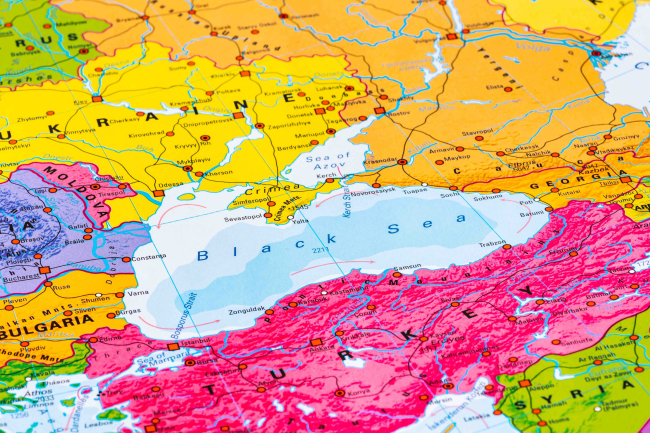Global Ambitions and Regional Threats: How the French See their Role in the World?

Practical information
How the French see their place in the world? A new survey carried out by the Pew Research Center analyzes the perception of European countries regarding global threats and their role in world affairs. This conference will give the opportunity to examine the relation that French have with their international environment one year before the presidential elections of 2017.

Speakers
Bruce Stokes, Director - Global Economic Attitudes, Pew Research Center
Eric Chol, Editor in Chief, Courrier International
Vivien Pertusot, Head of Ifri Brussels
Chair
Thomas Gomart, Director of Ifri
A new survey of 10 European Union nations conducted by the Pew Research Center highlights Europeans’ international threat perception and assesses their wariness of global security and economic engagement. It tests Europeans’ commitment to multilateralism, their willingness to use military force, their readiness to do more for developing countries and how they weigh ties with Asia and the United States. Finally, the survey asks Europeans to judge their country’s role on the world stage, how it compares to the past and what role they want the European Union to play in the future.
This survey builds on a recent study by the Pew Research Center on the degree of isolationism, protectionism, support for NATO and the UN and views of Europe among the American public, enabling a comparison of European and American attitudes.
The debate will be held in French and in English
Related Subjects
Other events

Affirming European Security in Ukraine and the Black Sea Region
European security has been challenged in 2022 with the full-fledged invasion of Ukraine by the Russian Federation.

Post-war Europe: How to Redefine a Security Architecture Within a New Transatlantic Framework?
A new European security architecture has to be built. The question is: will this happen with or without Europe? The US President, Donald Trump, who returned to the White House a little more than two months ago, and the President of the Russian Federation, Vladimir Putin, have initiated talks to put an end to the war in Ukraine, with the possibility of Ukraine ceding territory to Russia being raised.

Doing Politics in African Cities: Actors, Causes and Forms of Urban Social Mobilization
From Maputo to Nairobi and from Lagos to Dakar: recently, African cities have been the theatre of mobilizations by groups of young protesters.







